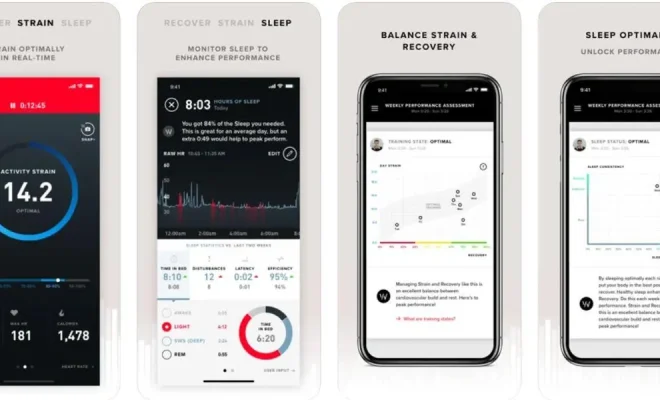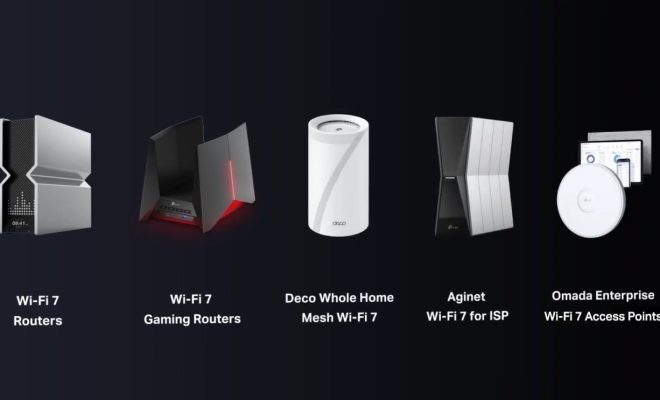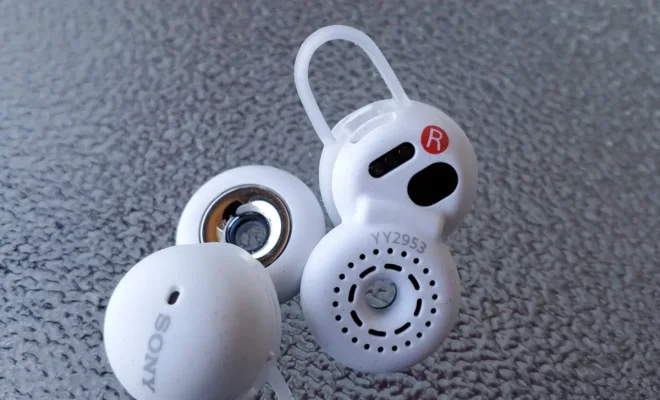What Your Sleep Tracker Can Reveal About Your Health

Introduction
In today’s fast-paced world, getting a good night’s sleep is of utmost importance to maintain overall health and wellness. Sleep trackers have become increasingly popular as they provide valuable insights into our sleeping patterns and behaviors. This article will discuss the various aspects of sleep that can be monitored by a sleep tracker and what they reveal about your well-being.
1. Sleep Duration
One of the most basic insights your sleep tracker offers is the duration of your sleep. It determines how long you slept and if you are meeting the recommended hours of sleep per night. Consistently falling short of the suggested 7-9 hours for adults can have adverse effects on your physical and mental health, such as weakened immune system, cognitive decline, and mood swings.
2. Sleep Stages
Sleep trackers can also monitor your various sleep stages during the night – light sleep, deep sleep, and REM (rapid eye movement) sleep. The balance between these stages is essential for maintaining a healthy body and mind. For instance, deep sleep is crucial for bodily repair and growth, while REM sleep plays a key role in learning and memory consolidation.
3. Sleep Quality
By measuring factors such as time spent awake or restless during the night, sleep trackers provide an overview of your overall sleep quality. This information helps you uncover any potential issues that might be disrupting your rest, such as insomnia or restless leg syndrome.
4. Sleep Efficiency
Sleep efficiency refers to the percentage of the time spent asleep while in bed. A high sleep efficiency indicates that you fall asleep quickly and spend more time in restorative stages of sleep instead of tossing and turning. Tracking this metric can help uncover any changes in your ability to fall or stay asleep over time.
5. Heart Rate Variability (HRV)
Several advanced sleep trackers also measure heart rate variability (HRV) during the night. HRV is the variation in time elapsed between heartbeats and is considered an essential indicator of overall health and stress levels. Low HRV may indicate high stress, poor recovery, or overtraining in athletes.
6. Snoring & Sleep Apnea Indicators
Some sleep trackers also record audio of your sleep environment, which can help you detect if you snore or have sleep apnea. Sleep apnea, a potentially severe sleep disorder characterized by breathing interruptions during sleep, can lead to high blood pressure, stroke, and other health issues if undiagnosed.
Conclusion
Understanding the patterns and potential issues within your sleep can significantly impact your overall health and well-being. Sleep trackers offer valuable insights into your sleep habits and can reveal underlying health concerns that must be addressed. Always consult with a healthcare professional if you suspect any sleep disorders or concerns based on the data from your sleep tracker.





